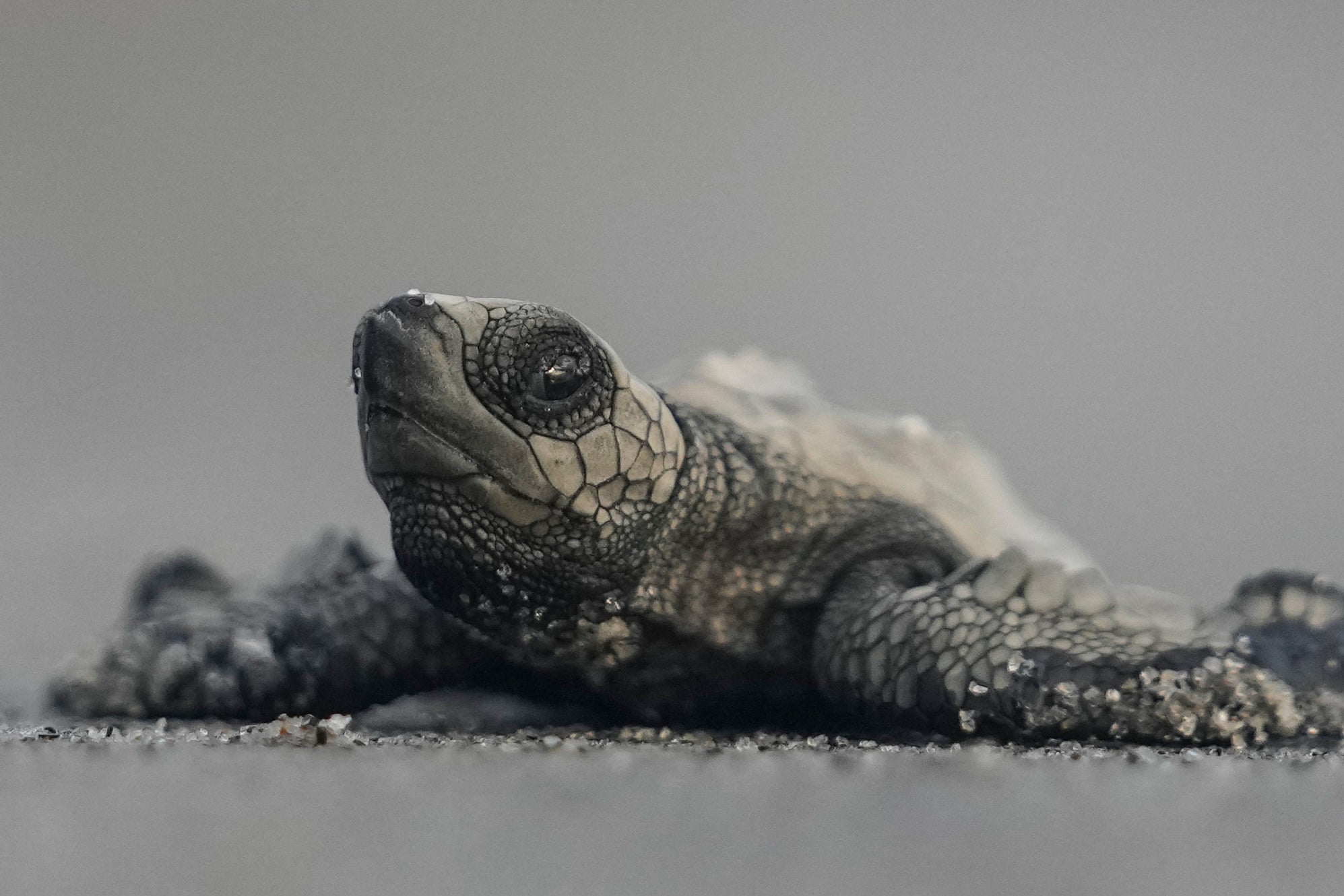Three dead and dozens hospitalised after eating endangered sea turtle
Turtle may have grown toxic from consuming contaminated algae

Your support helps us to tell the story
From reproductive rights to climate change to Big Tech, The Independent is on the ground when the story is developing. Whether it's investigating the financials of Elon Musk's pro-Trump PAC or producing our latest documentary, 'The A Word', which shines a light on the American women fighting for reproductive rights, we know how important it is to parse out the facts from the messaging.
At such a critical moment in US history, we need reporters on the ground. Your donation allows us to keep sending journalists to speak to both sides of the story.
The Independent is trusted by Americans across the entire political spectrum. And unlike many other quality news outlets, we choose not to lock Americans out of our reporting and analysis with paywalls. We believe quality journalism should be available to everyone, paid for by those who can afford it.
Your support makes all the difference.Three people died and at least 32 were hospitalised in the Philippines after eating an endangered sea turtle prepared as a stew, local officials said.
The incident occurred last Saturday in Datu Blah Sinsuat, a coastal town in the province of Maguindanao del Norte. The victims, from the Indigenous Teduray community, started showing symptoms such as diarrhoea, vomiting and abdominal pain soon after consuming the turtle that a fisherman had captured and cooked, the Philippines Daily Inquirer reported.
Authorities suspect the sea turtle may have turned toxic from consuming contaminated algae.
A number of pet dogs, cats and chicken that were fed the turtle meat also died, local official Irene Dillo said. “Authorities are still investigating the cause of the deaths,” she told the BBC.
The sea turtle was reportedly cooked as adobo, a Filipino dish where meat or vegetables are simmered in vinegar and soy sauce. The residents of the seaside town often rely on seafood for sustenance.
“It was unfortunate because there is so much other seafood in their village – lobsters, fish,” said Ms Dillo, expressing her dismay over the incident.
Philippine environmental protection laws prohibit the hunting and consumption of sea turtles, but the practice persists in some communities where the meat is considered a delicacy or believed to have medicinal properties.
Datu Mohamad Sinsuat Jr, a local councillor, called for stricter enforcement of the hunting ban in the area. “This food poisoning incident will never happen again,” he said.
Most of those hospitalised have since been discharged.
In a similar incident in 2013, four people died and 68 took ill after eating a sea turtle in the Eastern Samar province.
The sea turtle is classified as endangered by the International Union for Conservation of Nature, which is dedicated to conserving nature and promoting the sustainable use of natural resources. It is also protected under the Convention on International Trade in Endangered Species of Wild Fauna and Flora, commonly referred to as the Washington Convention.
Hunting the turtle is also punishable under Philippine law, although traditional practices and lack of enforcement undermine such protections.
Join our commenting forum
Join thought-provoking conversations, follow other Independent readers and see their replies
Comments